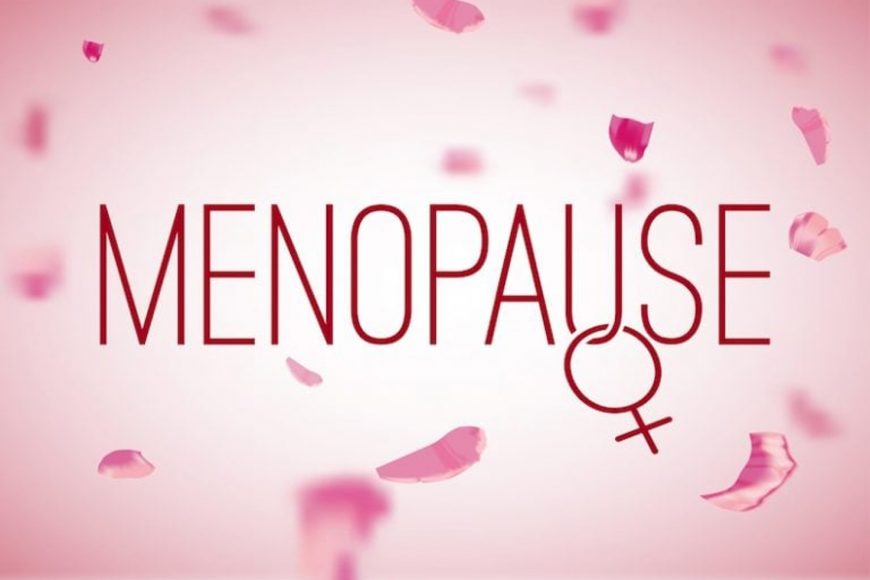
Whether for yourself/a loved one or colleague, this page has some helpful resources to support well-being during the menopause and peri-menopause.
If you come across other resources that your colleagues may find helpful, please contact The People Directorate.
Understanding Menopause
This 5-minute video was designed to empower women and share real-life experiences from all stages of the menopause transition.
Peri-menopause
The peri-menopause are the years in the run up to menopause, where we experience the reversal of puberty, which can start as early as 35 years of age.
Lesley from Wild Country Woman has very kindly made St Monica Trust colleagues and volunteers a special 20 minute video overview of the peri-menopause and lifestyle changes, which can help symptoms.
Menopause
Menopause is a natural stage of life. The average age for women to reach the menopause in the UK is 51, but this can vary widely.
The menopause happens when your ovaries run out of eggs, or stop producing eggs. Your ovaries also make the hormone oestrogen. So when they stop working, there’s a drop in your blood level of this hormone. This change disrupts your periods and causes the symptoms of the menopause.

This symptom questionnaire from The Menopause Charity can be used to monitor symptoms and is worth doing regularly to assess how symptoms change with time or with treatment.
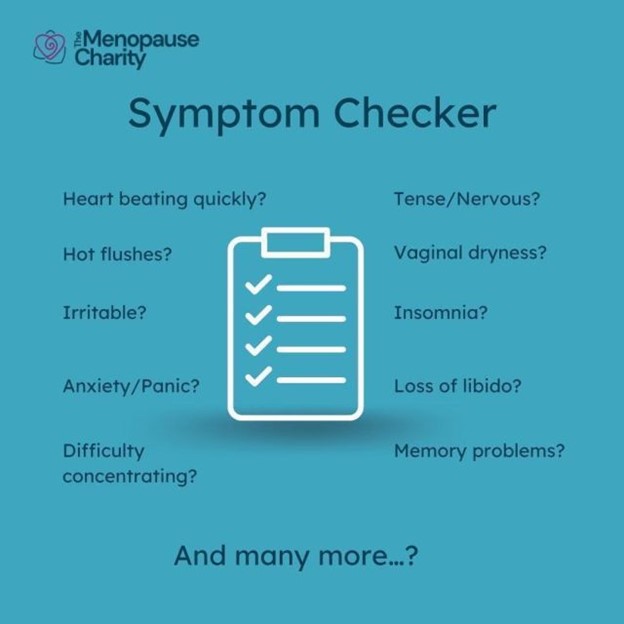
Diet to help with symptoms (5 mins)
Emma Young, Corporate Wellbeing and Registered Nutritional Therapist, has created this bespoke five minute video just for us at St Monica Trust about balancing our diet and giving time for our own well-being to alleviate mood swings and to better manage energy and stress levels during the menopause.
Exercise
Fitness may help you to manage menopause symptoms. This one focuses on stretching. (8 mins)
Hormone Replacement Therapy (HRT)
This useful document from The Menopause Charity helps to dispel some myths surrounding the use of HRT

FROM APRIL 2023: Prescription prepayment certificate for HRT. £19.30 for 12 months, saving you money.
Visit https://www.gov.uk/get-a-ppc/hrt-ppc to check your eligibility.
Supporting Others
Take this quiz to find out some key facts about menopause and the workplace.

Click on this link to complete this 30 minute menopause awareness workplace training

You may find this Line manager toolkit from Canada Life useful too.
Top tips for Managers:
■ Promote supportive conversations about the menopause and its effects with sensitivity.
■ Recognise that every experience of the menopause will be individual.
■ Consider any changes impacting performance, attendance, or behaviour.
■ Provide dedicated time and quiet space for 1:1s
■ Promote avenues of support, signposting
and links to organisational resources such as flexible working, special leave, and any changes to the working environment that you can facilitate.
■ Provide information on specific health and well-being services.
■ Promote a culture and environment that values diversity, shows dignity, respect, fairness, and
equality.
■ Do not tolerate or express what you consider to be ‘workplace banter’.
■ Be aware most cisgender women (and some trans, non-binary and intersex colleagues) will experience a menopause; find out more here.
■ Short notice leave of absence may be required to manage exacerbation of symptoms; lengthy
periods of back-to-back meetings may need built-in comfort breaks if heavy bleeding is
experienced.
■ Work with the colleague to consider physical working areas that minimise the distress they may suffer – considering, for instance, access to ventilation and private space when needed.
Difficult conversations

Knowing how to start a difficult conversation and then handle it sensitively, attentively, repectfully and mindfully can really help someone to open up.
These Talking Points flashcards are a great resource.
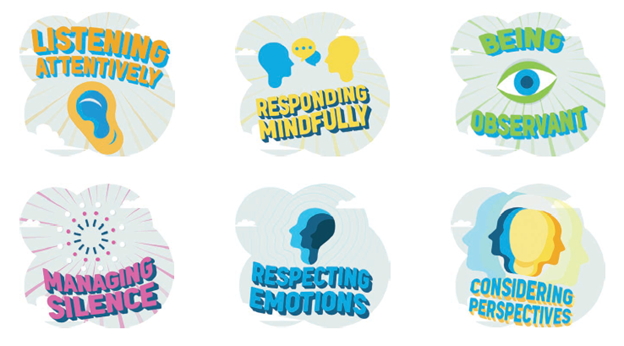
Useful Resources

Our free & confidential Employee Assistance programme We-care is available to you and your household if you need extra support or a phone/online GP appointment.
Tel: 0208 068 0035 Access code: H30174.
Cognital Behaviour Therapy (CBT) Factsheet
CBT can be helpful for a range of health problems, including anxiety and stress, depressed mood, hot flushes and night sweats,
sleep problems and fatigue.
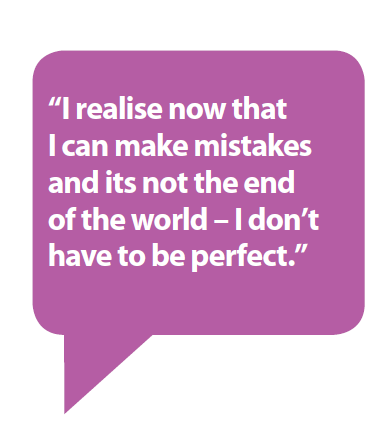
CBT helps people to develop practical ways of managing problems and provides new coping skills and useful strategies. Click on this link for the factsheet.
Books
Here a just a selection of the many wonderful books available on this topic. Click on the image for the link.
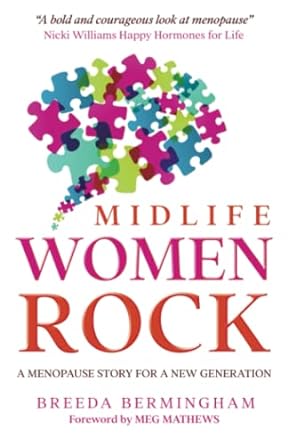
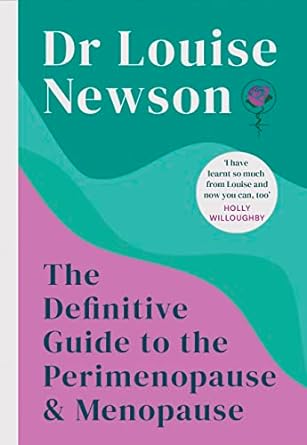
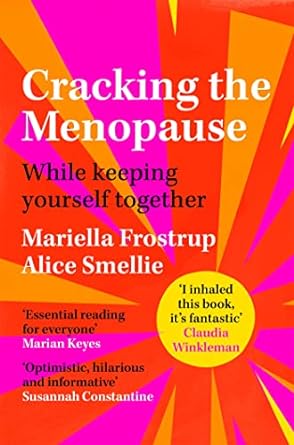
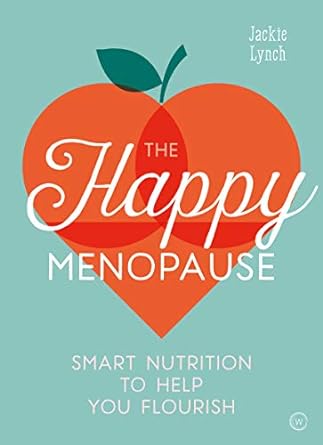
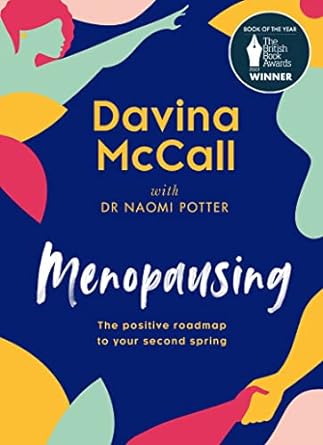
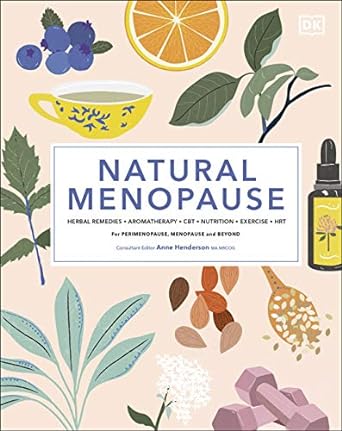
Blogs
(Click on the images for the links)
The benefits of Cognitive Behavioural Therapy in managing menopause symptoms
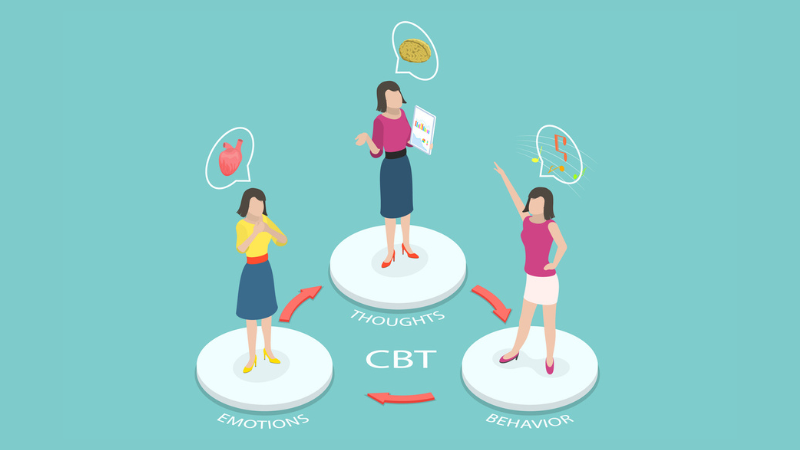
Perimenopause and insomnia
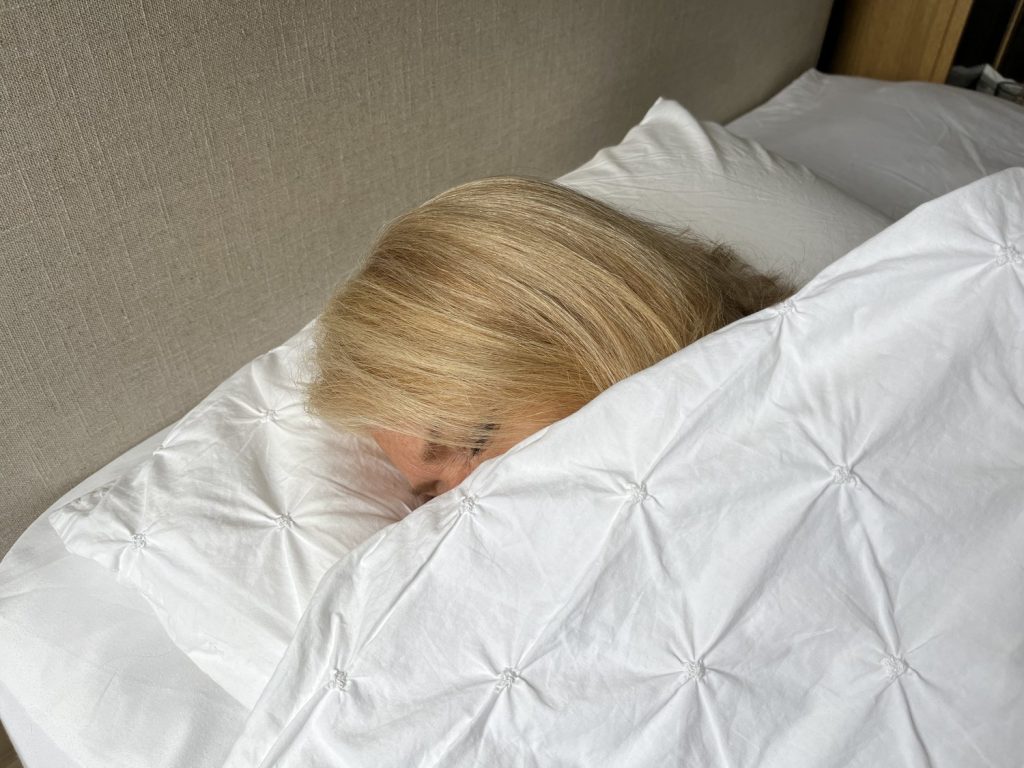
Brain Fog: frustrating but it’s not forever

Podcasts
Apps






Balance, Peanut, Stella, Health and Her, MenoLife and Caria
(Click on the icons for the links)
Links
Educating everybody so that perimenopause and menopause are properly understood.
(At a Menopause Café people, often strangers, gather to eat cake, drink tea and discuss menopause.)
https://www.nhs.uk/conditions/menopause/
Age UK: Menopause symptoms and finding support
Everything you need to know in our Feelgood Menopause series, a Noon campaign that explores the facts and feelings around menopause.
